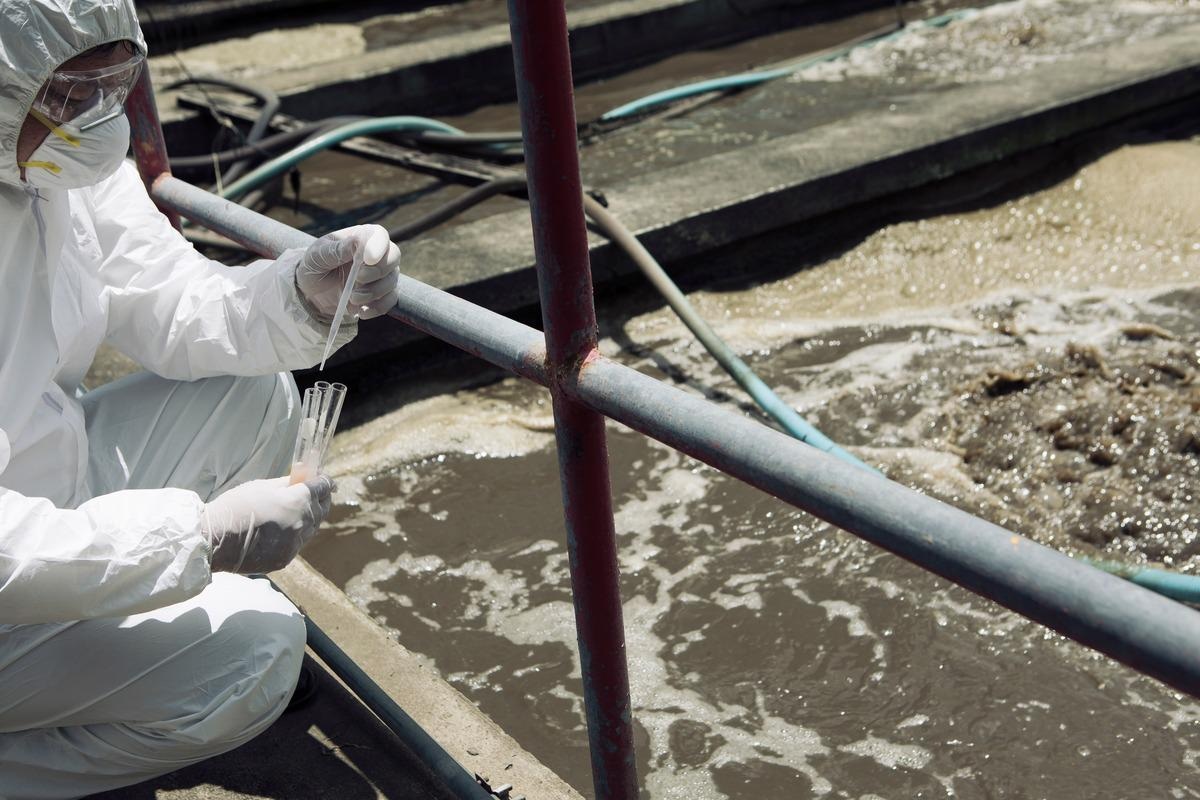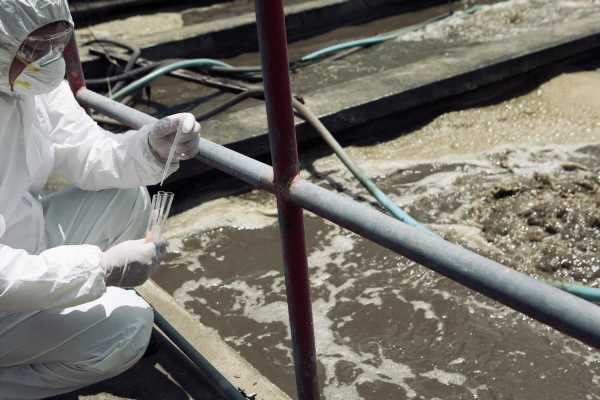A recent study published in Emerging Infectious Diseases estimated the comparative abundance of severe acute respiratory syndrome coronavirus 2 (SARS-CoV-2) variants via wastewater monitoring.

Background
The surveillance of SARS-CoV-2 variants of concern (VOCs) is crucial for public health management during the ongoing coronavirus disease 2019 (COVID-19) pandemic. SARS-CoV-2 VOCs, including Delta and Alpha, have spread internationally and show indications of enhanced immune evasion, clinical severity, and infectiousness. Sequencing SARS-CoV-2 isolates consume a lot of resources and are only partially representative. Moreover, not all SARS-CoV-2 isolates could be sequenced.
Tracking SARS-CoV-2 VOCs in wastewater is intriguing because the concentrations of viral ribonucleic acid (RNA) in wastewater correspond to COVID-19 prevalence in sewersheds. It also gives a complete picture of SARS-CoV-2's community transmission in real-time, regardless of individual testing or care-seeking behaviors. Both polymerase chain reaction (PCR) and sequencing tests targeting particular mutations have been suggested to identify deletions and mutations of SARS-CoV-2 RNA in wastewater.
However, the use of environmental samples for SARS-CoV-2 variant surveillance poses technological difficulties. Notably, since wastewater encompasses a complex combination of SARS-CoV-2 RNA segments, the existence of more than one variant mutation sequence in wastewater does not always imply that the variant exists in it.
About the study
In the current work, the scientists established digital droplet reverse transcription-PCR (ddPCR) to track the presence and plethora of chosen mutations in SARS-CoV-2 Delta and Alpha VOCs in settled solids of wastewater. The currently developed modality monitored the VOCs mutations in a prospective and retrospective manner. Further, the authors selected wastewater solids since they had hundreds of times greater viral RNA concentrations than wastewater influents.
The team then applied the ddPCR to samples from two large United States of America (USA) metropolitan sewersheds (Sacramento and San Jose) from July 2020 to August 2021. A deletion and some mutations in SARS-CoV-2 Alpha and Delta VOCs, respectively, were tracked in the wastewater solids from San Jose and Sacramento. The derived data were then compared to the results from VOC abundance estimates based on case isolate sequencing data obtained from the California Department of Public Health (CDPH).
Results
The results depicted that the mutation tests utilized for HV69-70 deletion in Alpha and Del156-157/R158G mutations in Delta detection in wastewater settled solids were specific and sensitive. The authors discovered a high association between wastewater estimations and results derived from case isolate sequencing of circulating Delta and Alpha VOCs in two large metropolitan USA communities employing these PCR mutation analyses. The turnaround time for wastewater sample analyses results was short compared to the case isolate sequencing estimates. Of note, the wastewater solid-derived mutation estimations were reliable too.
Wastewater Alpha estimations based on a single deletion test were consistent across time in the two large USA communities over eight months, encompassing high and low community SARS-CoV-2 transmission periods. Additionally, results of Delta estimations based on numerous mutations correlated substantially with the case isolates sequencing estimates.
The average response time for results from wastewater testing of the two monitored sewersheds was around eight hours. In contrast, 75% of case isolate sequencing data were obtained two to three weeks after the sample collection date. In addition, the majority of the 14-day VOC estimations were within 10% of their final estimate after three weeks. These delays do not account for the additional time between the onset of case symptoms and the undergoing testing. These data might amplify the benefits of wastewater SARS-CoV-2 monitoring in terms of speed.
The authors stated that by focusing on a single mutation in wastewater, as they did in the case of Alpha VOC, the chances of mischaracterization were higher. Furthermore, the specificity of the test could hike when several mutations were targeted, which the authors adopted for analyzing the Delta VOC.
Conclusions
The study findings depicted that the measurements of SARS-CoV-2 Delta and Alpha VOCs obtained from wastewater analysis were highly correlated with the case isolate estimations. Even at rates less than 5% of total SARS-CoV-2 RNA concentrations, mutations were found in wastewater samples. Moreover, the results of wastewater solid analysis were available within eight hours relative to the two to three weeks for case isolate findings.
To sum up, the present findings show that targeted mutation tests using SARS-CoV-2 RNA isolated from wastewater solids could be a reliable, rapid, and efficient technique to track VOCs that are introduced to and circulate in a community. If mutation tests were or could be created for novel and current SARS-CoV-2 VOCs and put into use promptly, tracking VOCs using wastewater may give sooner complementing surveillance data than case isolate sequencing data.
The study suggests that wastewater variant surveillance should be carefully applied to augment case isolate sequencing. Thereby, wastewater SARS-CoV-2 monitoring coupled with persistent SARS-CoV-2 case isolates sequencing could inform the public health strategies against COVID-19.
- Yu AT, Hughes B, Wolfe MK, Leon T, Duong D, Rabe A, et al. Estimating relative abundance of 2 SARS-CoV-2 variants through wastewater surveillance at 2 large metropolitan sites, United States. Emerg Infect Dis. doi: https://doi.org/10.3201/eid2805.212488 https://wwwnc.cdc.gov/eid/article/28/5/21-2488_article
Posted in: Medical Science News | Medical Research News | Disease/Infection News
Tags: Coronavirus, Coronavirus Disease COVID-19, covid-19, Infectious Diseases, Mutation, Pandemic, Polymerase, Polymerase Chain Reaction, Public Health, Respiratory, Ribonucleic Acid, RNA, SARS, SARS-CoV-2, Severe Acute Respiratory, Severe Acute Respiratory Syndrome, Solid Analysis, Syndrome, Transcription

Written by
Shanet Susan Alex
Shanet Susan Alex, a medical writer, based in Kerala, India, is a Doctor of Pharmacy graduate from Kerala University of Health Sciences. Her academic background is in clinical pharmacy and research, and she is passionate about medical writing. Shanet has published papers in the International Journal of Medical Science and Current Research (IJMSCR), the International Journal of Pharmacy (IJP), and the International Journal of Medical Science and Applied Research (IJMSAR). Apart from work, she enjoys listening to music and watching movies.
Source: Read Full Article
